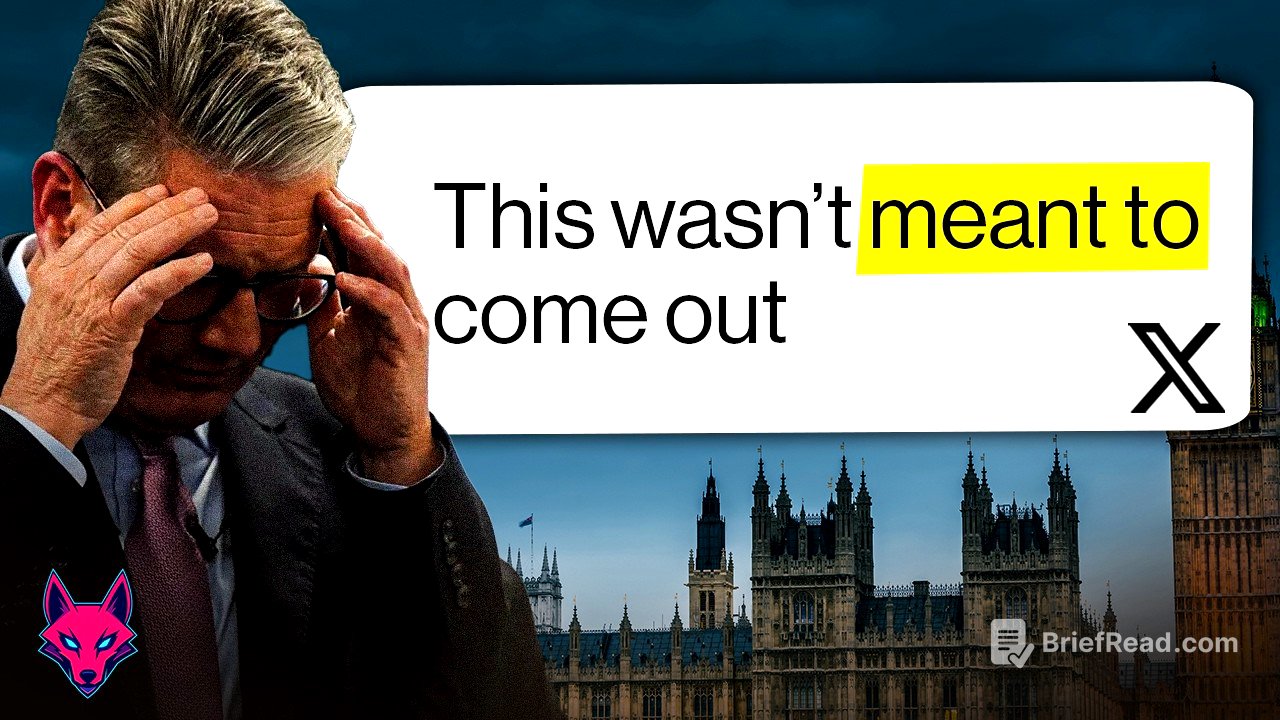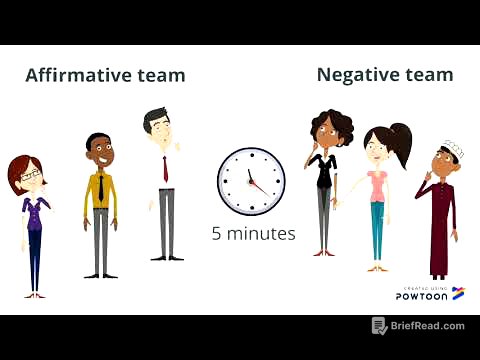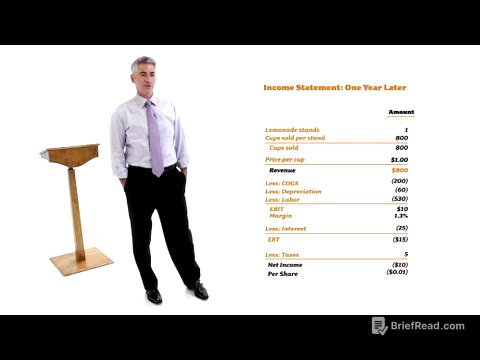TLDR;
The UK's Online Safety Act, effective July 25th, mandates age verification for accessing certain online content, ostensibly to protect children. This law requires platforms to verify users' ages, potentially compromising privacy and anonymity. The act grants significant power to Ofcom, allowing them to regulate online content and potentially censor speech. This has led to increased VPN usage and concerns about the future of internet freedom, with similar laws emerging globally.
- The Online Safety Act in the UK requires age verification for online content, impacting privacy and anonymity.
- Platforms face fines or blocking for non-compliance, leading to user data collection or service restrictions.
- Increased VPN usage indicates attempts to bypass these restrictions, but Ofcom warns against it.
- The act grants Ofcom broad regulatory powers, raising concerns about censorship and government influence.
- Similar laws are emerging globally, signaling a shift towards increased internet regulation and surveillance.
Introduction to the Online Safety Act [0:00]
The UK has implemented the Online Safety Act, which mandates age verification to protect children from harmful online content. This law requires platforms to verify users' ages to access certain content, raising concerns about privacy and potential censorship. Similar laws are emerging in Australia and the US, indicating a global trend toward increased internet regulation.
How the Online Safety Act Works [0:46]
The Online Safety Act requires platforms hosting significant amounts of "priority content" to block access for users under 18 unless they verify their age. This applies to social platforms like Reddit and X, which now require UK users to upload identification or use live selfies for age verification. Non-compliance can result in fines up to £18 million or 10% of global revenue, and Ofcom can even order entire sites to be blocked.
Privacy Concerns and Platform Responses [1:57]
Age checks are outsourced to verification companies, raising privacy concerns about the collection, processing, and storage of sensitive data. Wikipedia refused to implement age checks, citing violations of anonymity and privacy for its editors, and threatened legal action. Other platforms have chosen to block UK users rather than comply with the law, highlighting the tension between regulation and accessibility.
VPN Usage and Ofcom's Response [3:07]
Following the implementation of the Online Safety Act, VPN downloads in the UK surged as users sought to bypass age verification. ProtonVPN saw an 1800% increase in signups, becoming the top app in the UK. Ofcom has warned that encouraging VPN use to bypass age verification is illegal, emphasizing the importance of age verification for child safety.
Dystopian Implications and Ofcom's Power [4:56]
The Online Safety Act grants Ofcom significant power, allowing it to demand changes to platform operations, restrict content access, and block websites. The government can influence censorship by directing Ofcom to revise its codes of practice based on public policy or national security. This raises concerns about the potential for censorship and the suppression of dissenting voices.
Censorship and Government Influence [6:28]
The Secretary of State can instruct Ofcom to revise its codes of practice, enabling the government to influence what platforms censor by declaring content harmful or politically sensitive. This could extend beyond age-restricted content to include disinformation, extremism, or hate speech. The act also grants Ofcom powers over private messaging apps, potentially requiring the scanning of encrypted messages.
Loss of Anonymity and Impact on the Open Web [8:07]
The Online Safety Act undermines anonymity, requiring users to verify their identity to access large parts of the internet. This affects whistleblowers, political dissidents, and individuals seeking help without fear of exposure. Compliance with the law is costly, potentially leading to the closure of smaller forums and a centralization of the internet among a few tech giants.
Global Spread of Similar Laws [9:51]
Similar laws are emerging globally, with Australia banning under 16s from social media and requiring facial scans for age verification. States in the US have passed age verification laws for adult content and social media, and France requires parental consent for users under 15. This trend signals a broader transformation of the internet and the relationship between citizens and the state, raising concerns about the future of internet freedom.

![How to Watch Digimon: Every Anime Series & Movie Explained in Continuity Order [Soundout12]](https://wm-img.halpindev.com/p-briefread_c-10_b-10/urlb/aHR0cDovL2ltZy55b3V0dWJlLmNvbS92aS9TNF8zZUVhSDVJMC9ocWRlZmF1bHQuanBn.jpg)







